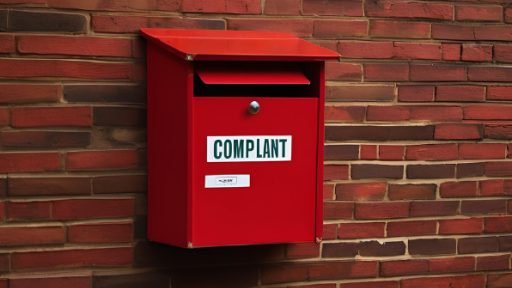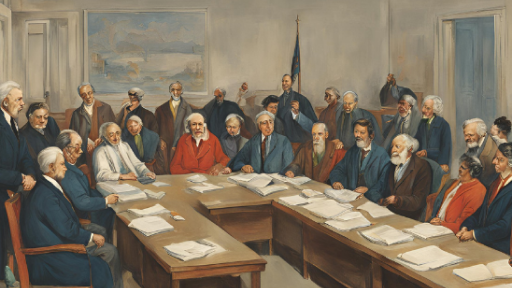
- Home
- Society Sunday
- Blog
Ensuring Transparency and Accountability: Recording and Circulation of Managing Committee Minutes in a Cooperative Society.

The process for recording and finalizing the committee meeting minutes is as follows:
-
Recording of Minutes: The Secretary records the minutes of the committee meeting. In the absence of the Secretary, the Chairman makes alternate arrangements for recording the minutes.
-
Circulation and Confirmation: The draft minutes are circulated among the committee members for confirmation. The committee members have the opportunity to review and provide their observations on the draft minutes within 15 days of their circulation.
-
Finalization: The committee, at its subsequent meeting, prepares the final minutes after considering the observations made by the committee members on the draft minutes. These final minutes are then recorded in the minutes book by the Secretary or an authorized person.
-
Responsibility: The committee members are jointly and severally responsible for all decisions taken by the committee during its term, as per bye-law 136.
-
Powers and Duties: The committee exercises its powers and discharges its functions and duties as mentioned in the bye-laws. This includes considering and deciding on various matters such as the creation and utilization of funds, acceptance of deposits, resignations of members, and ensuring the maintenance and insurance of the society’s property.
-
Quorum and Frequency: The quorum for committee meetings is specified in the bye-laws, and the committee is required to meet at least once a month, as per bye-law 126.
-
Handover of Charge: When a new committee is elected, the outgoing Chairman hands over the charge of the office and all papers and property of the society to the new Chairman, as per the provisions of the MCS Act 1960, as outlined in bye-law 123.








